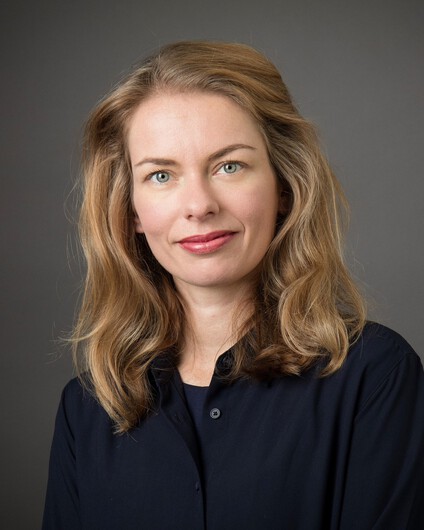University of Cambridge - Forde Lecturer: Professor Julia Wolf

The usefulness of useless (mathematical) knowledge
The talk's title is a play on the title of a famous essay by Abraham Flexner, the founding director of the Institute for Advanced Study in Princeton. Written in 1939--and recently supplemented by a companion piece written by the Institute's current director Robbert Dijkgraaf--its central thesis is that 'the search for answers to deep questions, motivated solely by curiosity and without concern for applications, often leads not only to the greatest scientific discoveries but also to the most revolutionary technological breakthroughs'. In a world dominated by the desire for immediate impact and quick returns, this premise has (again) become acutely relevant as funding for the basic sciences is being called into question. This talk elaborates on this theme in the context of mathematical research in number theory, combinatorics and harmonic analysis, drawing on striking examples from across the centuries.
This talk will not be recorded.
Date: Wednesday, March 18th
Time: 6:00pm - 7:00pm
Location: RHLT1, Rutherford House, Victoria University of Wellington, Pipitea Campus
About Professor Julia Wolf
Julia Wolf is a University Lecturer in the Department of Pure Mathematics and Mathematical Statistics at the University of Cambridge, and a Fellow of her alma mater, Clare College. After obtaining a PhD in pure mathematics under the supervision of Fields medalist Timothy Gowers, she held a sequence of postdoctoral appointments in the United States between 2007 and 2010. From 2010 to 2013, she was a Hadamard Associate Professor at Ecole Polytechnique in Paris from 2010 to 2013, and from 2013 until her return to Cambridge in 2018 a Heilbronn Reader at the University of Bristol, where she also served as the Associate Chair of the Heilbronn Institute for Mathematical Research for three years. In 2016 Julia received the Anne Bennett Prize of the London Mathematical Society in recognition of her "contributions to additive number theory, combinatorics and harmonic analysis, and to the mathematical community".

